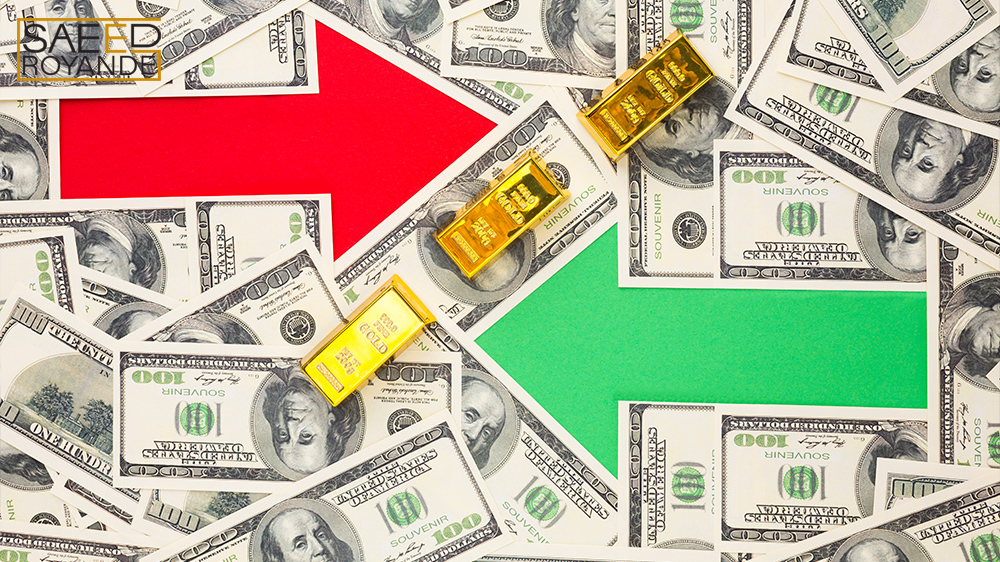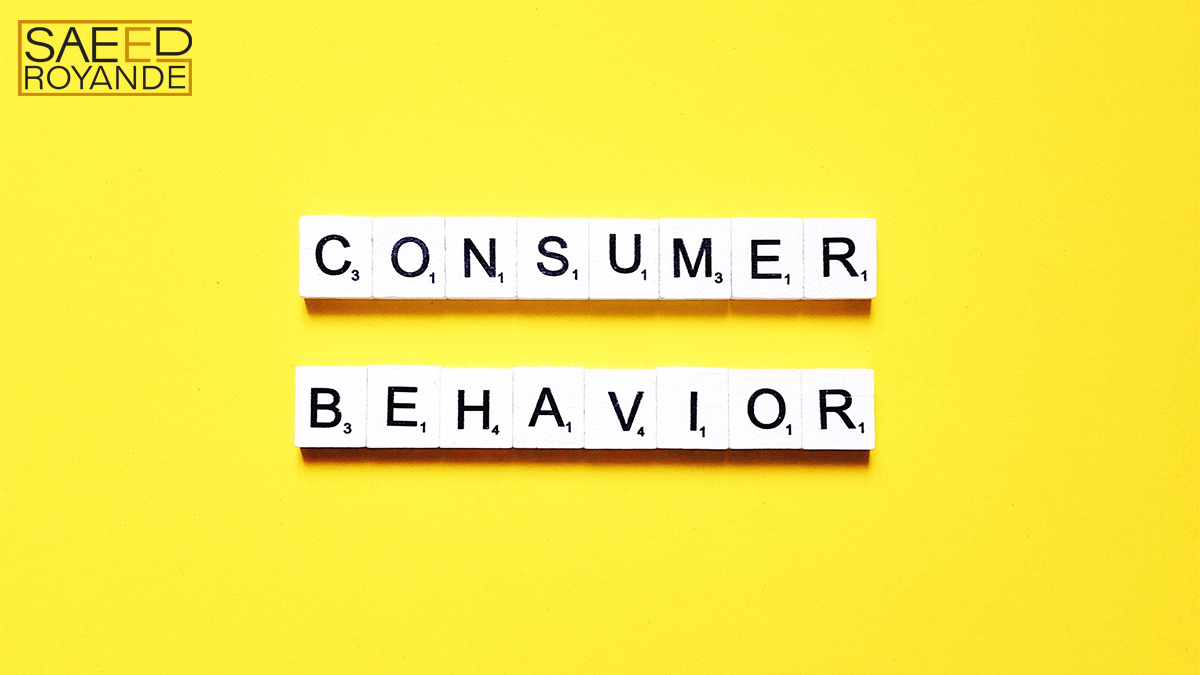The impact of income changes on consumer behavior is not just a pressing issue for policymakers and marketers, but also a crucial one in the fields of economics and psychology. Growth, recession, inflation, taxation, redistribution, and individual life events are only a few of the factors that might affect one’s disposable income. Depending on the nature, quantity, and length of a change in disposable income, consumers may react in a variety of ways.
The psychological impact of income changes on consumers
Consumers may react differently to changes in income, to name some:
- Consumers’ happiness, worry, and contentment can all be affected by a change in their financial situation.
- Consumers’ choices about how much money they spend, save, borrow, and invest can be influenced by fluctuations in their income.
- Consumers’ tastes, values, and motivations might shift along with their income levels.
- When consumers’ incomes fluctuate, they may resort to self-justification, rationalization, or adaptability as a means of coping.
The nature, magnitude, length, and cause of the income shift all play a role in shaping its potential consequences. There may be a difference in effect, for instance, between a temporary rise in income owing to a tax refund and a permanent increase in income due to a promotion.

Save money for investment
The consumption response to income changes
Consumption adjustment in response to a change in income is a significant topic of study in economics. Macroeconomic stability, fiscal policy, and welfare analysis are all profoundly affected by this query. The constant income hypothesis, the life-cycle hypothesis, the precautionary saving hypothesis, and the buffer-stock model are just some of the theoretical models that attempt to explain consumers’ reactions to income variations. Different assumptions and forecasts are made in these models regarding consumers’ consumption smoothing over time, their response to temporary and permanent income shocks, their ability to estimate their future income, their ability to handle uncertainty and liquidity limitations, and so on. The permanent income hypothesis, for instance, holds that consumers only react to changes in their income that directly influence their predicted lifetime income. Age, retirement, and inheritance are only some of the demographic aspects that the life-cycle hypothesis incorporates to broaden this model.
Income expectations and consumer judgments
The ability to anticipate future income also influences the consumption response to changes in income. Consumers consider not only their current income but also their expected future income when making purchases. Therefore, it is vital to comprehend consumer behavior to know how customers build and alter their expectations about future income. Consumers’ income projections can be explained by several hypotheses, including rational expectations, adaptive expectations, extrapolative expectations, and heuristic expectations. Different assumptions and predictions are made by these theories concerning how consumers process information, grow from their experiences, and modify their expectations over time. Consumers’ present spending, saving, and borrowing actions are heavily influenced by their anticipated future income. Consumers may raise their present consumption and increase their borrowing if, for instance, they anticipate a rise in their income in the future. If consumers anticipate a fall in income, however, they may choose to reduce their present consumption and increase their savings to smooth out the income fluctuations.

Portrait of mature businessman dissatisfied
How income changes can affect an entrepreneur
Entrepreneurs are those who take the initiative to build and manage their businesses, often at their own expense. Income fluctuations have different effects on business owners depending on their kind, direction, and magnitude. External factors like economic growth, recession, inflation, taxation, and competition can affect income, while internal factors like innovation, investment, and performance can also affect income. The actions and results of entrepreneurs can be positively or negatively influenced by changes in their income. Positive changes in income have been shown to increase firm operations and sales profits by increasing entrepreneurs’ consumption and expenditure. If an entrepreneur’s financial situation improves, their self-assurance and drive will increase, which in turn will boost their ability to innovate and expand their business. If an entrepreneur’s income increases, they may be able to reduce their debt load and strengthen their business. This means that even moderate shifts in revenue can have profound effects on the actions and results of business owners. Successful business owners anticipate the causes and consequences of fluctuations in revenue. Future income fluctuations are another factor that entrepreneurs must take into account when making important choices. The chances of success for entrepreneurs in a dynamic and uncertain environment can be improved via knowledge of and control of the income effect.

Overhead Flat Lay of Business and Finance
How consumer behavior change can affect the economy?
There are a variety of ways in which consumers’ actions can either help or hurt the economy. The actions of consumers can have an impact on the market for products and services, which in turn affects supply and demand, pricing, company profits, worker wages, household wealth, and the health of the economy as a whole. The expectations, confidence, and psychology of consumers can also affect the economy. What customers believe about their future income, pricing, and economic situations is known as consumer expectations. The term “consumer confidence” refers to a person’s outlook on the economy, both now and in the future. The study of the mental and emotional processes that influence customer choices is known as consumer psychology. Since this is the case, a shift in consumer behavior can have far-reaching consequences for the economy. A shift in consumer behavior may be precipitated by any number of variables, including fluctuations in income, inflation, marketing, or epidemics. Policymakers, businesses, and consumers alike can all benefit from a deeper knowledge of the effects of shifting consumer behavior on the economy.


